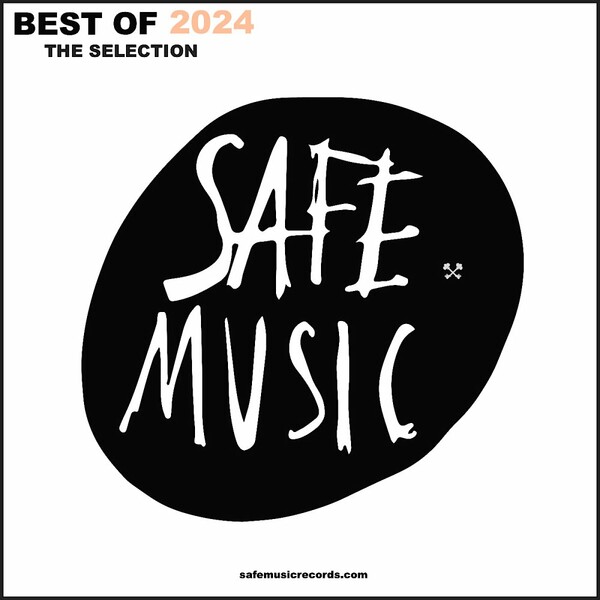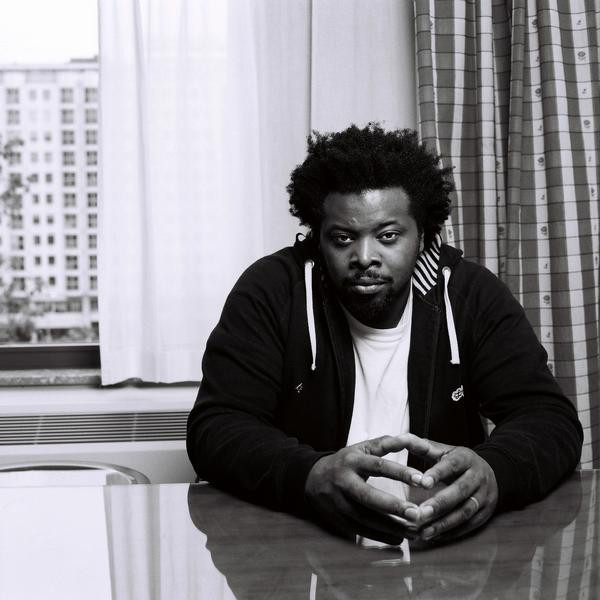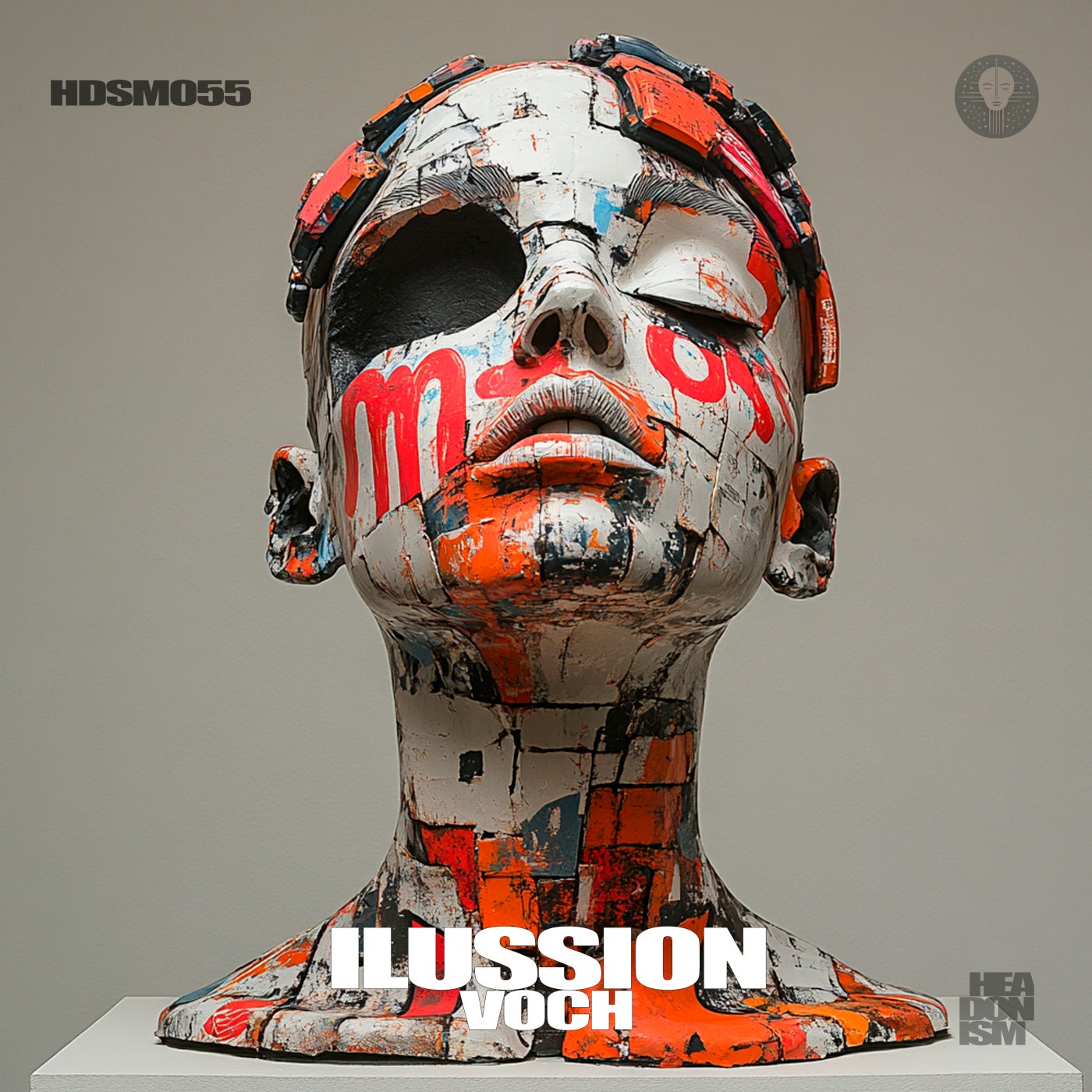Bob Bryar, the longtime My Chemical Romance drummer who played on The Black Parade and Danger Days: The True Lives of the Fabulous Killjoys, has died, the band confirmed on Instagram. “It is with a heavy heart that we say goodbye to Bob Bryar, our former bandmate and an important part of the history of My Chemical Romance,” their post reads. “We send our deepest condolences to his friends and family at this time. May he rest in peace.” He was 44.
Born in Chicago, Illinois, on December 30, 1979, Bryar fell in love with the drums after being gifted a toy drum set as a child. He soon upgraded to a real kit, joined his high school’s marching and jazz bands, and started playing shows in clubs around the city. After studying sound engineering at the University of Florida, he landed the in-house job at Chicago’s House of Blues. He soon transitioned to sound engineer roles for other bands on the road like Thrice and the Used, during which he met My Chemical Romance in person for the first time.
While My Chemical Romance were touring behind their sophomore album, 2004’s Three Cheers for Sweet Revenge, they parted ways with their original drummer, Matt Pelissier, and reached out to Bryar to see if he would be interested in taking his place – all without ever having heard Bryar play before, according to Billboard. At the time, Bryar would “constantly get bummed out” that he was mixing bands side stage instead of playing as a full-time drummer, so he jumped at the opportunity.
Though Bryar appears in most of the music videos for Three Cheers for Sweet Revenge’s singles and performs on its ensuing live LPs, Life on the Murder Scene and ¡Venganza!, he didn’t get his first formal co-writing credits until The Black Parade. My Chemical Romance’s massive 2006 concept album was a breakthrough success and their best-selling record to date, climbing to No. 2 on the Billboard 200 chart and becoming certified 4x platinum. Bryar’s drumming style is an essential part of that album’s melodramatic sound, from the marching band drumrolls in “Welcome to the Black Parade” to the jaunty, hard-hitting fills in “Dead!” and beyond.



















 English (US) ·
English (US) ·